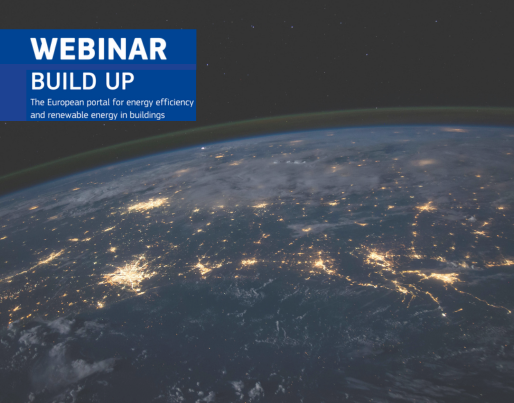Smart energy transition: from ideal to reality

Smart energy transition: from ideal to reality
Details of the conference
BUILD UP is hosting a webinar organised by the SmartUP project on ‘Smart energy transition: from ideal to reality’.
This webinar provides a hands-on perspective to understand what Smart Readiness Indicators (SRIs) are and how we can upscale their implementation considering the political, legal and economic factors involved in translating practices from one context to another.
We will start by providing an overview of the SRI legal framework and its role in promoting smart technologies as facilitators for energy and sustainability transitions (SRIs in the EPBD recast, SRIs in the EED). The SRI technical framework specifies what services, functionalities and benefits must be catalogued by each country and implemented in practice. Our overview will depict the EU ideals for smart energy transition and the instruments behind implementing it.
We will then delve into the reality of implementing smart systems by looking at an example of smart energy systems’ refurbishment in social housing in Wales (UK). Showing a case study in which single-family bungalows have been upgraded towards becoming net-zero/low carbon via the implementation of PV energy generation with storage systems, ground source heat pumps and mechanical ventilation with heat recovery systems, we describe what smart functionalities are put in operation. The example illustrates what could be achieved in practice in terms of smart energy transition together with measured benefits for indoor thermal comfort and costs.
Finally, we will present a knowledge representation system that extracts information from case studies in a structured way, so that different smart systems implemented can be captured and compared across different contexts. We will showcase how the example for Wales can be represented using this knowledge system, transforming this case study into a ‘use-case’. Beyond technical information, the knowledge representation system can capture stakeholders, agents, decisions, ownership, controls and data sharing as essential information to address political, legal and economic factors involved in knowledge transfer from one context to another.